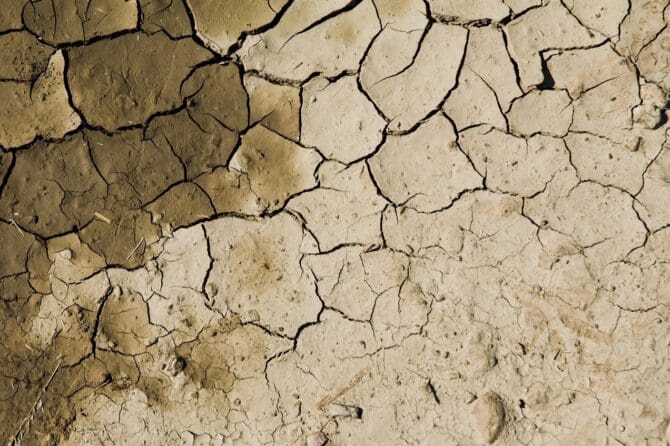Vaginal discharge is a common occurrence during pregnancy and usually nothing to worry about, but pregnant women should be aware of what is normal for them, so they can identify anything out of the ordinary that may warrant further medical attention. Leucorrhea, or white/clear vaginal discharge, is considered normal during pregnancy and may have a mild odor. If there are any changes in color, consistency, or odor, it’s best to check with a healthcare professional to rule out any possible infections. Higher hormone production and increased blood flow to the genitals are the most common causes of vaginal discharge during pregnancy. Some types of vaginal discharge that may cause concern for pregnant women include green discharge and black discharge.
If you notice any green, yellow or black discharge along with a foul smell, this could be a sign of a vaginal infection. If the discharge is lumpy and cottage-cheese-like, it may be caused by a yeast infection. Discolored discharge may also come with some discomfort, itching or burning sensation around the vagina. Vaginal infection and vaginal yeast are typical causes of discolored vaginal discharge. STDs are one of the possible factors that can lead to vaginal discharge that is either heavier or discolored. Green, gray, or yellow vaginal discharge may be a sign of an STD, and might be accompanied by other symptoms such as itching, burning, or irritation.
The third trimester of pregnancy can often lead to increased vaginal discharge, but this is usually nothing to worry about and can be resolved with the help of comfortable panty liners. Other things that may help keep vaginal infections and bacteria at bay are:
*Pregnant women should avoid using tampons as they can increase the chance of bacteria or infection entering the vaginal region.
*They should also avoid douching as this can upset the balance of vaginal bacteria and lead to vaginal infections.
*To maintain good hygiene during pregnancy, women should keep the genital area clean and dry at all times.
*They should also avoid using sprays, deodorants or scented soaps around the genital area.
It’s important to seek medical guidance from your practitioner for any vaginal infections during pregnancy, rather than trying to treat it yourself. If you experience any abnormal bleeding, spotting, cramps or abdominal pain, you should also seek immediate medical advice.











